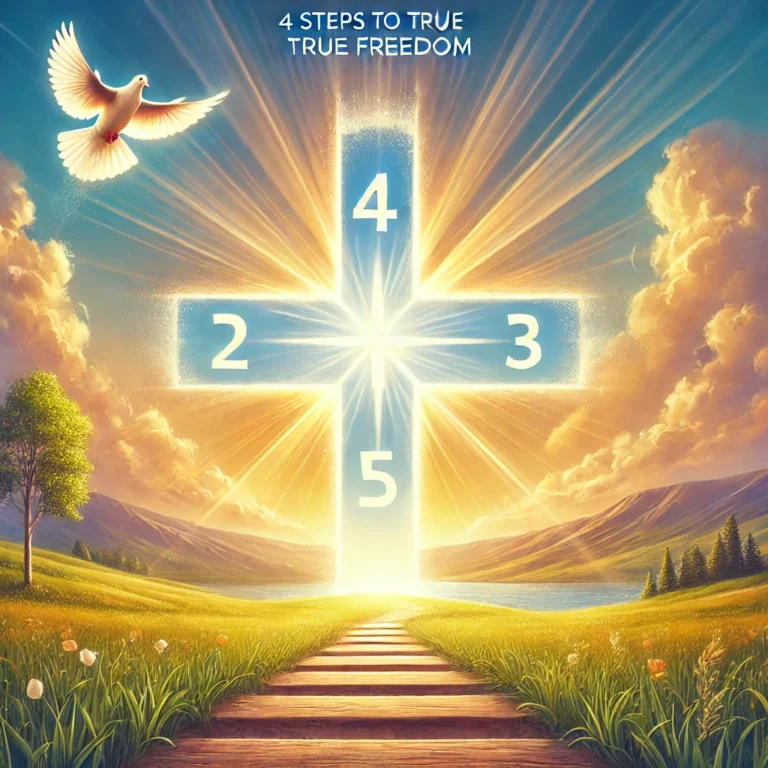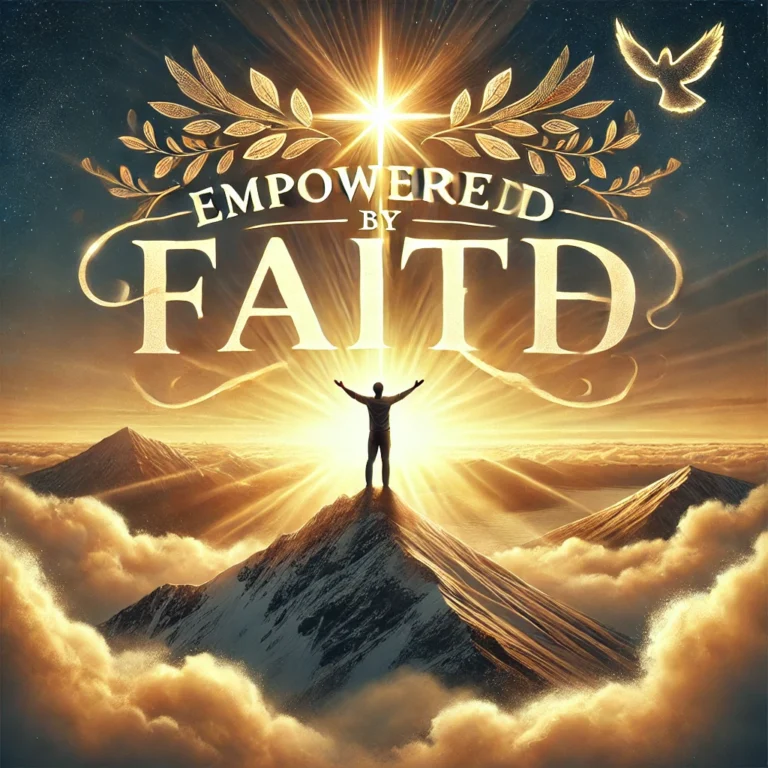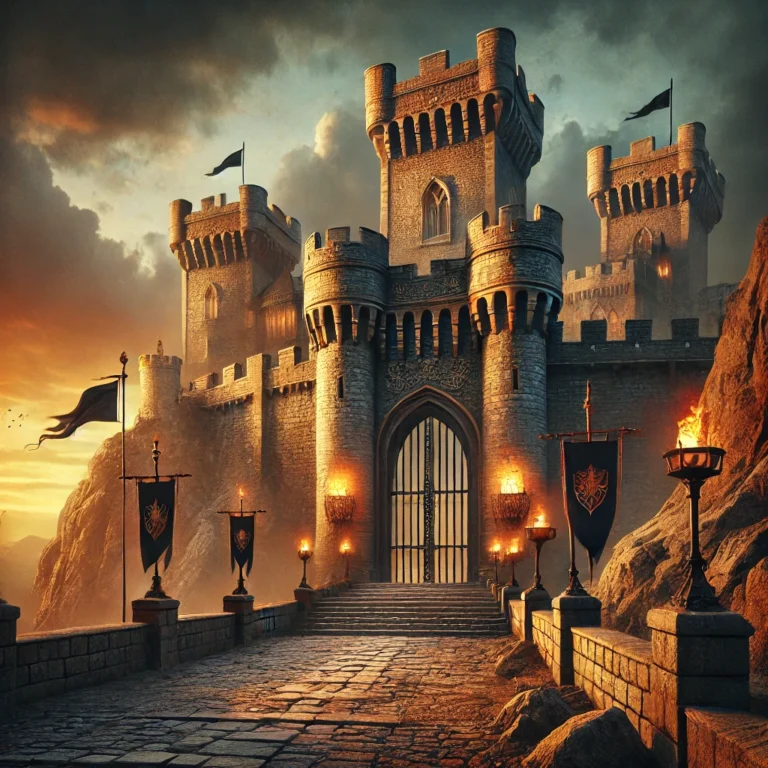
Defining the altar
(Heb. mizbe’ah, from a word meaning “to slay”), any structure of earth (Ex. 20:24) or unwrought stone (20:25) on which sacrifices were offered. Altars were generally erected in conspicuous places
The first altar we read of is that erected by Noah (Gen. 8:20).
Abraham Gen. 22:9; Genesis 22:9 New International Version (NIV)
9 When they reached the place God had told him about, Abraham built an altar there and arranged the wood on it. He bound his son Isaac and laid him on the altar, on top of the wood.
Altars also known as the high place Ezekiel 6:3 New International Version (NIV)
3 and say: ‘You mountains of Israel, hear the word of the Sovereign Lord. This is what the Sovereign Lord says to the mountains and hills, to the ravines and valleys: I am about to bring a sword against you, and I will destroy your high places.
Ezek. 6:3; 2 Kings 23:12; 16:4; 23:8; Acts 14:13). The word is used in Heb. 13:10 for the sacrifice offered upon it–the sacrifice Christ offered.
Paul found among the many altars erected in Athens one bearing the inscription, “To the unknown God” (Acts 17:23), or rather “to an [i.e., some] unknown God.” The reason for this inscription cannot now be accurately determined. It afforded the apostle the occasion of proclaiming the gospel to the “men of Athens.”
The first altar we read of is that erected by Noah (Gen. 8:20).
Altars were erected by Abraham (Gen. 12:7; 13:4; 22:9), by Isaac (Gen. 26:25), by Jacob (33:20; 35:1, 3), and by Moses (Ex. 17:15, “Jehovah-nissi”).
In the tabernacle, and afterwards in the temple, two altars were erected.
(1.) The altar of burnt offering (Ex. 30:28), called also the “brasen altar” (Ex. 39:39) and “the table of the Lord” (Mal. 1:7).
This altar, as erected in the tabernacle, is described in Ex. 27:1-8. It was a hollow square, 5 cubits in length and in breadth, and 3 cubits in height. It was made of shittim wood, and was overlaid with plates of brass. Its corners were ornamented with “horns” (Ex. 29:12; Lev. 4:18).
In Ex. 27:3 the various utensils appertaining to the altar are enumerated. They were made of brass. (Comp. 1 Sam. 2:13, 14; Lev. 16:12; Num. 16:6, 7.)
In Solomon’s temple the altar was of larger dimensions (2 Chr. 4:1. Comp. 1 Kings 8:22, 64; 9:25), and was made wholly of brass, covering a structure of stone or earth. This altar was renewed by Asa (2 Chr. 15:8). It was removed by Ahaz (2 Kings 16:14), and “cleansed” by Hezekiah, in the latter part of whose reign it was rebuilt. It was finally broken up and carried away by the Babylonians (Jer. 52:17).
After the return from captivity it was re-erected (Ezra 3:3, 6) in the same place where it had formerly stood. (Comp. 1 Macc. 4:47.) When Antiochus Epiphanes pillaged Jerusalem the altar of the burnt offering was taken away.
Again the altar was erected by Herod, and remained in its place till the destruction of Jerusalem by the Romans (70 A.D.).
The fire on the altar was not permitted to go out (Lev. 6:9).
Underneath this rock is a cave, which may probably have been the granary of Araunah’s threshing-floor (1 Chr. 21:22).
(2.) The altar of incense (Ex. 30:1-10), called also “the golden altar” (39:38; Num. 4:11), stood in the holy place “before the vail that is by the ark of the testimony.” On this altar sweet spices were continually burned with fire taken from the brazen altar. The morning and the evening services were commenced by the high priest offering incense on this altar. The burning of the incense was a type of prayer (Ps. 141:2; Rev. 5:8; 8:3, 4).
This altar was a small movable table, made of acacia wood overlaid with gold (Ex. 37:25, 26). It was 1 cubit in length and breadth, and 2 cubits in height.
In Solomon’s temple the altar was similar in size, but was made of cedar-wood (1 Kings 6:20; 7:48) overlaid with gold. In Ezek. 41:22 it is called “the altar of wood.” (Comp. Ex. 30:1-6.)
In the temple built after the Exile the altar was restored. Antiochus Epiphanes took it away, but it was afterwards restored by Judas Maccabaeus (1 Macc. 1:23; 4:49). Among the trophies carried away by Titus on the destruction of Jerusalem the altar of incense is not found, nor is any mention made of it in Heb. 9. It was at this altar Zacharias ministered when an angel appeared to him (Luke 1:11). It is the only altar which appears in the heavenly temple (Isa. 6:6; Rev. 8:3,4).
NUMBER 23:1 -15 Balaam the prophet
23 And Balaam said unto Balak, Build me here seven altars, and prepare me here seven oxen and seven rams. 2 And Balak did as Balaam had spoken; and Balak and Balaam offered on every altar a bullock and a ram. 3 And Balaam said unto Balak, Stand by thy burnt offering, and I will go: peradventure the Lord will come to meet me: and whatsoever he sheweth me I will tell thee. And he went to an high place.4 And God met Balaam: and he said unto him, I have prepared seven altars, and I have offered upon every altar a bullock and a ram. 5 And the Lord put a word in Balaam’s mouth, and said, Return unto Balak, and thus thou shalt speak. 6 And he returned unto him, and, lo, he stood by his burnt sacrifice, he, and all the princes of Moab.7 And he took up his parable, and said, Balak the king of Moab hath brought me from Aram, out of the mountains of the east, saying, Come, curse me Jacob, and come, defy Israel.8 How shall I curse, whom God hath not cursed? or how shall I defy, whom the Lord hath not defied? 9 For from the top of the rocks I see him, and from the hills I behold him: lo, the people shall dwell alone, and shall not be reckoned among the nations.10 Who can count the dust of Jacob, and the number of the fourth part of Israel? Let me die the death of the righteous, and let my last end be like his!11 And Balak said unto Balaam, What hast thou done unto me? I took thee to curse mine enemies, and, behold, thou hast blessed them altogether.12 And he answered and said, Must I not take heed to speak that which the Lordhath put in my mouth? 13 And Balak said unto him, Come, I pray thee, with me unto another place, from whence thou mayest see them: thou shalt see but the utmost part of them, and shalt not see them all: and curse me them from thence. 14 And he brought him into the field of Zophim, to the top of Pisgah, and built seven altars, and offered a bullock and a ram on every altar. 15 And he said unto Balak, Stand here by thy burnt offering, while I meet the Lordyonder.
The Prophet and the Altar
1st Kings 13: 1-8 KJV
13 And, behold, there came a man of God out of Judah by the word of the Lordunto Bethel: and Jeroboam stood by the altar to burn incense. 2 And he cried against the altar in the word of the Lord, and said, O altar, altar, thus saith the Lord; Behold, a child shall be born unto the house of David, Josiah by name; and upon thee shall he offer the priests of the high places that burn incense upon thee, and men’s bones shall be burnt upon thee. 3 And he gave a sign the same day, saying, This is the sign which the Lord hath spoken; Behold, the altar shall be rent, and the ashes that are upon it shall be poured out. 4 And it came to pass, when king Jeroboam heard the saying of the man of God, which had cried against the altar in Bethel, that he put forth his hand from the altar, saying, Lay hold on him. And his hand, which he put forth against him, dried up, so that he could not pull it in again to him. 5 The altar also was rent, and the ashes poured out from the altar, according to the sign which the man of God had given by the word of the Lord. 6 And the king answered and said unto the man of God, Intreat now the face of the Lord thy God, and pray for me, that my hand may be restored me again. And the man of God besought the Lord, and the king’s hand was restored him again, and became as it was before. 7 And the king said unto the man of God, Come home with me, and refresh thyself, and I will give thee a reward. 8 And the man of God said unto the king, If thou wilt give me half thine house, I will not go in with thee, neither will I eat bread nor drink water in this place:
The greatest Altar in the New Testement
As I sat and ask God to give me guidance about altars he reminded me that most times we look at death of Jesus as simply a crucifixion but the cross was actually the altar by which the lamb of
God who was slain before the foundations of world was offered for all of our sin.
Usually anywhere there is an altar there is blood.
Hebrews 12 :24-25
““ And to Jesus the mediator of the new covenant, and to the blood of sprinkling, that speaketh better things than that of Abel. 25 See that ye refuse not him that speaketh. For if they escaped not who refused him that spake on earth, much more shall not we escape, if we turn away from him that speaketh from he
Behold, the Lamb of God
John the Baptist
John 1:29 KJV
29 The next day he saw Jesus coming toward him, and said, “Behold, the Lamb of God, who takes away the sin of the world!
The Power of the Altar
11 And they overcame him by the blood of the Lamb, and by the word of their testimony; and they loved not their lives unto death.
Ritualistic satanic practices always involve blood as life is in the blood and the enemy is attracted by blood. In these prctices the blood is used to recruit the power of a demon or demons to do the bidding of the one who summons the power and then appoints the task and the person that would be afflicted.








You should take part in a contest for one of the best blogs on the web. I will recommend this site!
Thank you
deliverancechronicles@gmail.com
whatsapp icon